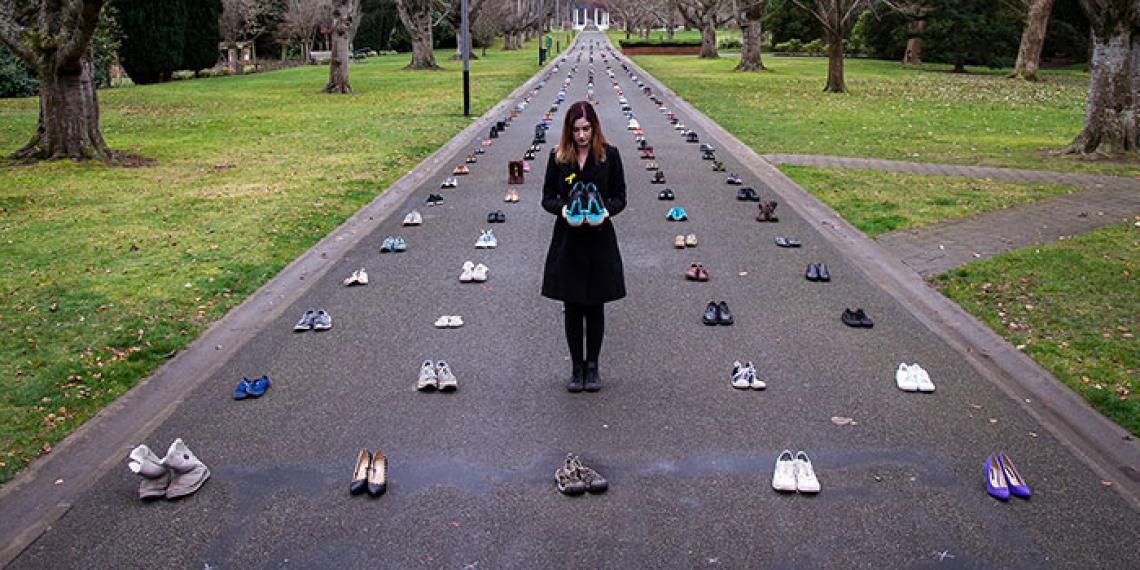You are here
How mentally well are we?

The 10th of October is World Mental Health Day, but just how mentally well are we?
While New Zealand is the eighth happiest country in the world, it’s an indictment on our society that we have the highest suicide rate for 15- to 24-year-olds, five times that of Britain and twice that of Australia.
In fact, our suicide rates are persistently high overall. In August, the Chief Coroner released provisional suicide statistics that reported suicide deaths had risen for three years in a row to 606 in the year ending 30 June, the worst since records began eight years ago.
The highest age group was 20- to 24-year-olds, with 70 deaths, followed by 64 in the 25- to 29-year-old and 40- to 44-year-old groups. Māori suicides were steady, but Māori still have the highest rate of all ethnic groups.
Behind these statistics are family and friends rocked with grief and left with unanswered questions and regrets. And while we may toss the word ‘closure’ around, anyone who has lost someone knows closure is over-rated at best. The bereaved are forever haunted by the terrible absence of someone gone too soon.
These absences were starkly illustrated by The Shoe Project, an initiative of the YesWeCare health coalition, which was driven by the Public Service Association, New Zealand’s union for mental health workers. Five hundred and seventy-nine pairs of shoes, a pair for every person who died from June 2015 to 2016, made their way around the country from the end of August before being displayed at Parliament last month.
There were shoes for eight children aged 10 to 14, 51 teenagers, 419 adults, and 101 older adults over 60. Farmers and farm workers were represented by 17 gumboots. Seventy per cent were men’s shoes.
In another awareness-raising campaign ahead of the election, a number of organisations came together for the It Matters! campaign (www.itmatters.org.nz). The organisations made the point that mental health challenges affect people across New Zealand, from the student studying away from home, to the mother with post-natal depression, to the farmer experiencing tough times.
All political parties were asked to explain how they would address the country’s significant mental health and addictions challenges, with the two areas often closely related. The organisations behind It Matters! were motivated by stories of many people who said when they needed help, it either wasn’t there, or the right type of help wasn’t available, or people weren’t yet ‘bad enough’ to qualify for it.
Marion Blake, CEO of Platform Trust (which aims to inform, shape and influence the community-based mental health and addictions service sector), was heartened that all parties ‘unanimously agreed’ New Zealand was not doing enough, with most wanting to do something. But she said, ‘The fact is that there is no simple fix or one size fits all approach.’ And while there was a lot to like about some policies, it still felt like ‘picking from a lolly scramble of solutions that won’t address system-wide issues’.
Regardless of who forms our next government, we need all politicians—as a priority—to agree to come together and work with those at the coal face to address New Zealand’s mental health crisis.
by Christina Tyson c) 'War Cry' magazine, 3 October, pp3
You can read 'War Cry' at your nearest Salvation Army church or centre, or subscribe through Salvationist Resources.